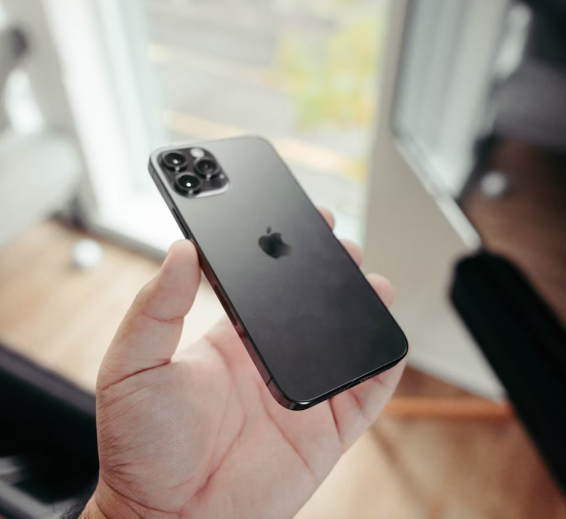In a recent leak, it was implied that Apple may be reconsidering its pursuit of an in-house 5G iPhone modem. The leak appears somewhat ambiguous, seemingly suggesting either the completion of the first effort or a potential abandonment of the project. Apple's current iPhones utilize Qualcomm's 5G modems, with expectations of continuing until 2026. Despite working on its own 5G modem for years, previous reports have indicated challenges in its development.
Reportedly, Apple is in the process of rationalizing its investments in the 5G modem development department and workforce. Sources claim that the in-house modem's incorporation in the upcoming iPhone SE 4th generation or any subsequent attempts has seemingly encountered setbacks, possibly leading to a complete abandonment of the project.

Some insiders suggest that this potential decision could force Apple into a long-term deal with Qualcomm. Despite Apple's longstanding effort to bring more design and manufacturing in-house, including the transition to Apple Silicon across product lines, the pursuit of an in-house modem has proven particularly challenging. Apple's acquisition of Intel's modem division in 2019 aimed to break free from Qualcomm's dominance but has not fully materialized.
This development highlights the complexities and hurdles in designing a 5G modem, even for a company with Apple's extensive experience in semiconductor and processor design. The report also addresses the extension of Apple's deal with Qualcomm, indicating the latter's continued importance for the iPhone's future. Ultimately, Apple's pursuit of its own 5G modem remains shrouded in speculation and uncertainty, portraying the intricate dynamics of innovation in the tech industry.




